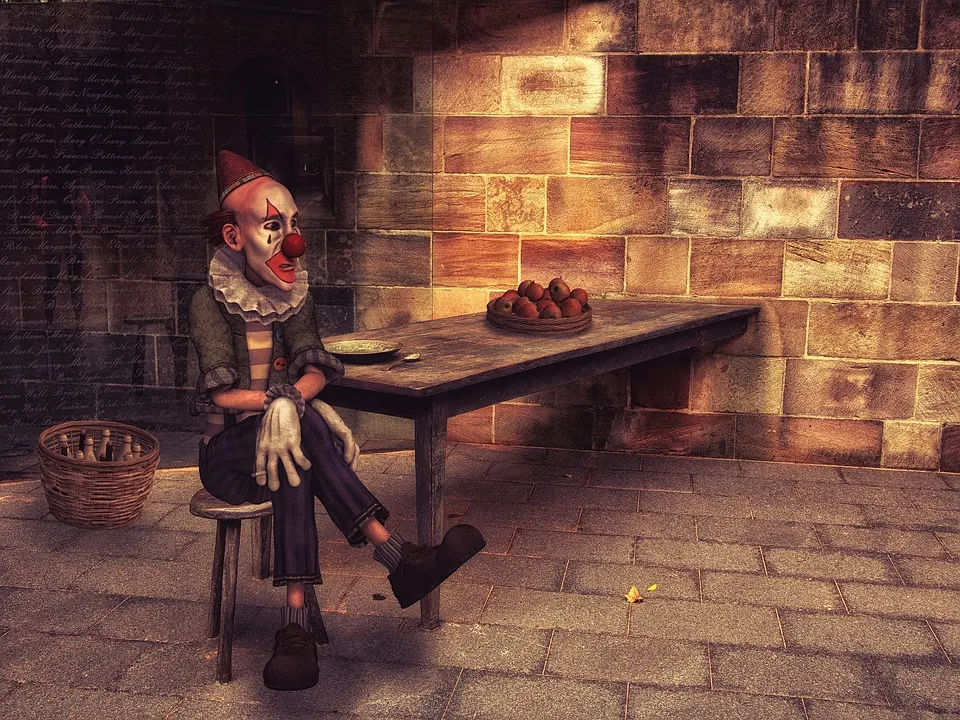Death is not bad, but the fear of death is
- Al Kindi
Death, that hateful enemy of the human race, the destroyer of pleasures that is most vague to human knowledge, raises the trembling of those present wherever its name is mentioned, and people terrify it just by thinking about it or imagining it.
The myths of the enemy and death also have their rituals and rituals, which are not devoid of culture, no matter how “primitive” it is, according to the classification of some. But what can a person know for sure? The answer is subject to agreement between the people of faith and the people of knowledge: “Say that the death from which you flee will meet you”, and death is also a biological event in which there is no doubt.
What does it mean to associate happiness with death? And how is death happy? And can we write a manifesto in praise of death? It may seem uncommon to talk about death in association with happiness, except in the case of eternal happiness, but we know that the happy Malinkhuli breaks with every otherworldly concept and that his reflections and thoughts are drawn to the “here” closely related to the “now”.
The matter is due to his view of his life, as he is not related to it, but rather he rejects it in its originality and absorbs its continuity and welcomes the inevitability of its annihilation. Therefore, our friend does not fear death, but rather befriends and reconciles with it.
Al Kindi defines grief as a psychological pain that is exposed to the loss of loved ones and the loss of what is required. Life, according to our friend, is neither beloved nor desired, but rather an empty and cold pit into which he was forcibly thrown. Therefore, the event of death is a happy event because it is a deliverance from this forced existence.
The birth event constitutes the beginning of the tragedy of the melancholy being, and death is the happiest possible ending to that tragedy. The wise Emil Cioran conveyed this idea well when he said: “We do not rush toward death, we flee the catastrophe of birth, survivors struggling to forget it.”
The fear of death is considered an obstacle to reconciliation with it. This is what we learn from the Epicurean lesson. The teacher Epicurus does not see in death anything that calls for fear or anxiety, because death falls in the region of “non-existence”, and that region does not concern us because we do not fall within its scope.
“It is nothing for us, because when we are, death is not,” because it is tantamount to a total loss of feeling, that is the epitome of the Epicurean lesson. Therefore, we should accept the idea of our annihilation with reassurance, for death means our liberation from the pain of the body, from the fears of the mind, and from the vicissitudes of fortune.
Death has become the subject of the Melancholic's happy sarcasm instead of being the source of his fears. The event of death is the point of absurdity and the end of all human toil. It is enough to stand in front of one of the tombs in contemplation until it becomes clear to you the uselessness, every value is non-existent in the face of death.
This is not an ascetic call nor a moral exhortation, but rather a moment in which all sorrows related to daily life and its petty details are derided. The moment of reconciliation with death is the moment of liberation of man from all his fears and hopes.
Death is not a solemn event, nor is it a solemn event. It has become worthy of the human being to engrave on the tombstone of his great tomb - that cold pit, Mother Earth - a report on the insignificance and coldness of death. If we end up in a bed of damp earth, where we decompose by bacteria and the greed of worms, this tragic end is nothing more than a small biological process involved in the operating system of nature's blind machine.
The “insignificance of death” becomes apparent to the beholder when that magic is dismantled from him and the delusions of the background worlds and the myths of dimensional lives are removed from him.
Life, then death, then... nothing! How elated is the Elated Melancholic with this scenario?
Previous parts
The Happy Melancholic Part 1: How Can the Melancholy Endure Their Stay in the World?
The Happy Melancholic Part 2: Existence is a Burden: the Meditations of an Absurd Being
The Happy Melancholic Part 3: About the Genealogy of Evil
The Happy Melancholic Part 4: A Man Who Does Not Know And Knows That He Does Not Know
The Happy Melancholic Part 5: Retiring from Sedition
